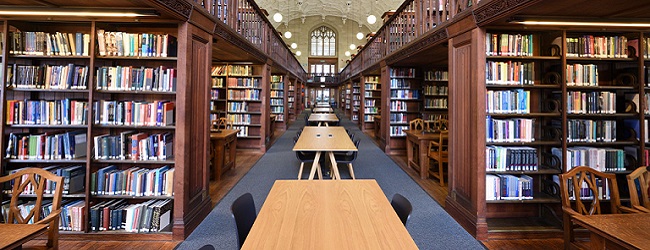Ashley Moyo
THE Zimbabwe Library Association (ZimLA), an association that represents library, records, archives and information professionals in the country, has called for the adoption of assistive technologies to ensure people living with disabilities are not excluded.
Assistive technologies refer to items, equipment, software programmes, or product systems used to increase, maintain, or improve the functional capabilities of persons with disabilities.
Speaking at a networking event for information professions held in Harare at the weekend, ZimLA president McDonald Nhakura urged the library fraternity to embrace new digital technologies so as to broaden and enhance the services it offers.
“The Librarians must adopt assistive technologies to ensure that everyone including people living with disabilities are not left out. There is a need to engage graduates trained from technologically-oriented universities like Harare Institute of Technology who design such softwares. In tandem with this, library staff need to be trained so that they are conversant with new technologies which they can use to enhance their administrative and operational systems,” said Nhakura.
ZimLA Mashonaland chapter chairperson Nancy Kwangwa concurred with Nhakura. “The librarians must lean more on a paradigm shift and have Librarians lead the drive towards creation of a knowledge economy in line with global trends,” said Kwangwa.
Addressing information professionals at the event, Bindura University of Science Education librarian Blessing Chiparausha emphasised the need for specialisation.
“There is a need to specialise and not to just become a jack of all trades but master of none. There are new trends like research data management and open science which must be adopted to assist researchers,” Chiparausha said.
The event was also graced by former information resources director in the public affairs section of the U.S. Embassy in Zimbabwe, Stephen Mushonga who highlighted the importance of parliamentarians in the fight to eliminate the digital divide.
“Access to the internet has a bearing on economic and social access. Therefore, it is important to reduce technological barriers so as to facilitate the access of the individuals to the web. For this reason, it is important to educate members of parliament on the internet of things in order to empower them to cascade the knowledge to their constituencies,” said Mushonga.




